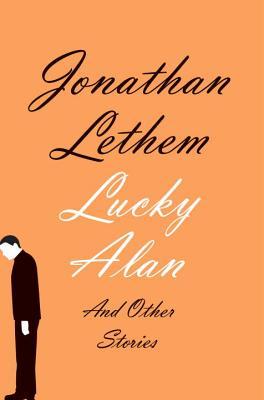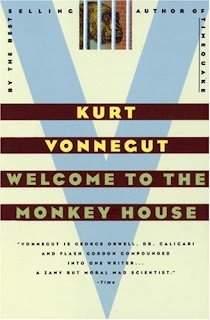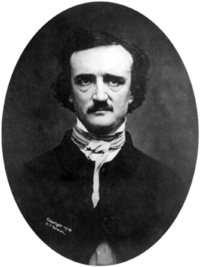 |
| Taft is ready. |
May is Short Story Month and Ellen, our blogger emeritus, has a little something to share from her reading list of the recently retired:
I'm not always sure what to make of "linked stories." Was the author trying to write a novel, but couldn't quite leave the comfort of her preferred medium? Developing a character he was particularly fond of? Sometimes the link is thematic, sometimes chronological, and sometimes so tenuous I'm not sure it's even there. But Charles Baxter was definitely on a mission when he wrote the stories that comprise "There's Something I Want You To Do." Ten stories, most of them set in Minneapolis, each with a title that suggests its theme: five named for virtues ("Bravery", "Loyalty", etc.) and five for sins ("Lust", "Sloth"). Each is written in a different voice (some of them better than others), from a different character's point of view, about different events and in different times. But dizzying connections run between the characters and the events, in addition to the central theme: what happens when someone asks something of you, and how your response affects your life and others'. The stories read well independently of one another, but you'll want to read them in one big gulp to fully grasp the links between their characters and enjoy the "Aha!" moments that come when least expected.
And then there are the nine stories all previously published elsewhere and collected in Jonathan Lethem's Lucky Alan and Other Stories. Their only link is that they all come from the same brilliant post-modernist mind, one that never does the same thing twice (as readers of his novels know), and which is afraid of nothing. The eponymous Alan of the title story is anything but lucky, his sad life recounted third-hand in a brassy New York slang. Two writing students pursue the reclusive author they idolize, "The King of Sentences," and face unexpected humiliation. "Procedure in Plain Air" is a Kafkaesque nightmare, made even more frightening by its close observation of the mundane. (It reminds me of George Saunders's "Semplica Girls Diaries" and if you've read "The Tenth of December" you definitely remember that story.) Cartoon characters are marooned on a desert island in "Their Back Pages." Lethem experiments in every story to different effect, but his humor and compassion for the human condition shine throughout.
From all of us: Congratulations, good luck, keep reading (and blogging!), Ellen!
In the spirit of the subject I will keep my two cents brief.
In Hall of Small Mammals, the debut collection by the young and talented Thomas Pierce, the stories begin and end in medias res (meaning "in the middle of things") leaving the reader to pause after each story to ponder his meaning. I can say there was something quite satisfying about the inconclusive conclusion to the first story, "Shirley Temple Three", the lonely tale of an ailing cloned miniature woolly mammoth and her reluctant host. And the guilty horror of the stories within a story in "Videos of People Falling Down" is worth checking this book out alone.
A little dark, a little funny, and a little touching, Pierce has fashioned a weird little world, not so unlike our own but slightly askew, as if we are posed incongruously in a museum as part of the taxidermy tea party implied in the cover art. That's the uneasy, giddy feeling experienced at the end of Pierce's stories: not dreamlike or surreal, but just to the left of real, perhaps frozen in an awkward state of undress.
Short stories are often creepy and fantastic, they feel experimental, as if the author is playing around with ideas, showing us all of the cool, weird things rattling around in her head. Kelly Link's fantastical, playfully dark Get in Trouble feels like this. Most of her characters are adolescents exploring adolescence in normal ways under strange circumstances. In "Summer People" Ophelia and Fran's forming friendship is funny and honest, as is their interaction with the mysterious supernatural world of the titular summer people. "The New Boyfriend" casts an eerie but humorous light on the romantic obsessions of a group of teenage girls.
A few more: Get your hands on Margaret Atwood's latest unputdownable story collection, Stone Mattress. The same goes for Dame Hilary Mantel's Assassination of Margaret Thatcher. Amelia Gray's anatomy-themed collection Gutshot is sure to be deeply unsettling and just landed on library shelves.












